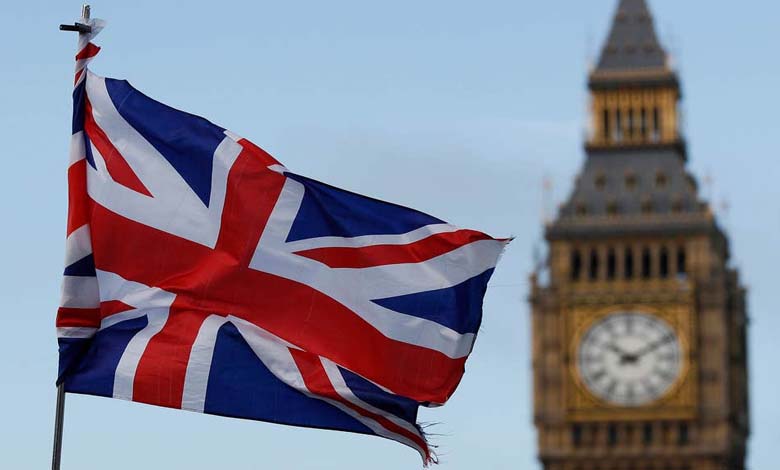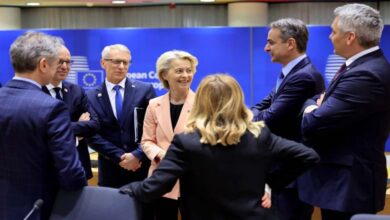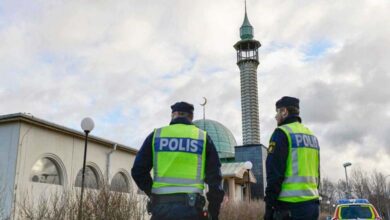The Muslim Brotherhood in the UK: 39 Associations Implementing the International Organization’s Agenda

In a striking statement, researcher Maher Farghali, a specialist in terrorist groups, revealed the existence of a complex network of the Muslim Brotherhood in the United Kingdom, comprising 39 associations and entities affiliated with the international organization.
He explained that these entities operate freely on British soil, raising questions about the British government’s role in allowing such networks to function.
-
Shock in British Prisons: Muslim Brotherhood Infiltration… and Weapons Delivered by Drones
-
Report Reveals Rise of Muslim Brotherhood Influence in British Prisons… Details
Farghali pointed out that this network carries out the agenda of the Muslim Brotherhood’s international organization, which includes leaders of various nationalities. He questioned why their activities are so heavily focused on Egypt, even though leaders of the organization also come from countries such as Jordan, Iraq, and Algeria.
He further noted that these activities intersect with Western and Zionist agendas in the region, raising concerns about their impact on Egypt’s national security.
-
Why Did the American and British Intelligence Create the Muslim Brotherhood? Writer Thierry Meyssan Answers
-
Will Britain remain a safe haven for the Muslim Brotherhood? Warning over their growing influence
This revelation highlights the challenges that states face in confronting the activities of terrorist organizations that use foreign territories as bases to implement their plans. It also raises questions about how Western governments deal with such activities, particularly against the backdrop of heightened political and security tensions in the region.
For its part, the British government has not yet issued an official comment on these statements. However, this disclosure may lead to greater scrutiny of the activities carried out by these entities on British soil.
-
The Growing Influence of the Muslim Brotherhood in Britain: Urgent Warning and a Recovery Prescription
-
Muslim Brotherhood and Zionism: Why Britain Supports Them
It is worth noting that Farghali had previously pointed out that the Muslim Brotherhood does not recognize the concept of a nation-state or geographical borders, but rather considers the “international organization” as its true homeland. He added that this doctrine is rooted in the ideas of the Brotherhood’s founders, such as Hassan al-Banna and Sayyid Qutb, who promoted a vision that places loyalty to the international organization above loyalty to the nation.
This latest statement reinforces concerns about the activities of terrorist organizations seeking to destabilize states by using foreign territories as platforms for their agendas and places additional pressure on Western governments to reassess their policies toward such threats.












